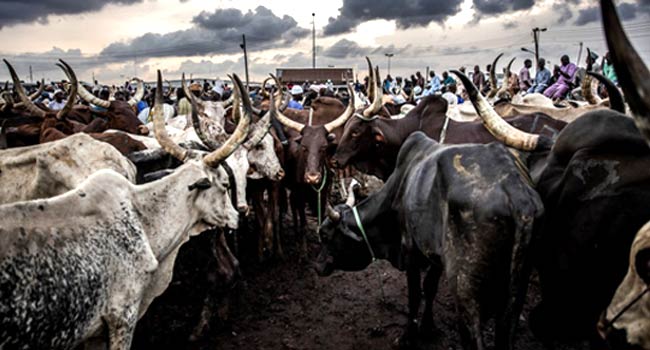News in Brief:
– Nigeria’s Yobe state has signed a $2 billion deal with the Trans-Sahara Consortium to develop a solar power plant and revitalise its livestock industry.
– The project aims to provide sustainable irrigation, improve livestock production, and leverage modern technologies for a more efficient agricultural sector
Yobe state has partnered with the Trans-Sahara Consortium in a $2 billion agreement to boost its agricultural sector. According to details from a local media outlet, the deal focuses on two key areas: developing a large-scale solar power plant and revitalising the state’s livestock industry.
The Trans-Sahara Consortium plans to construct a 1,000-megawatt (MW) solar power plant to provide clean and reliable energy for irrigation systems. This will improve water access for farms and potentially enable the adoption of precision agriculture techniques. Precision agriculture relies on technology to optimise resource use and boost yields.
The project also aims to transform the state’s livestock industry by investing across the entire value chain, from farm to plate, according to Trans-Sahara Consortium CEO Victor Terrah. This could involve improvements in breeding programs, animal husbandry practices, and processing facilities. The agreement highlights a focus on both indigenous and exotic cattle breeds, suggesting a strategy to improve the quality and quantity of livestock production.
The Yobe state government reiterated its commitment to utilising modern technologies alongside traditional practices. The agreement mentions land bank utilisation, potentially referring to initiatives that optimise land use for sustainable agriculture. Additionally, the focus on biotechnology and blockchain technology suggests the exploration of innovative solutions for areas like animal disease identification and food traceability in the livestock sector.
This agreement has the potential to significantly impact Yobe state’s agricultural sector, by providing a sustainable energy source for irrigation, while advancements in the livestock industry could boost production and exports.



